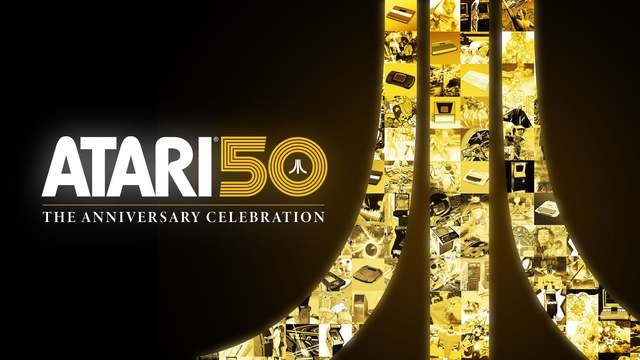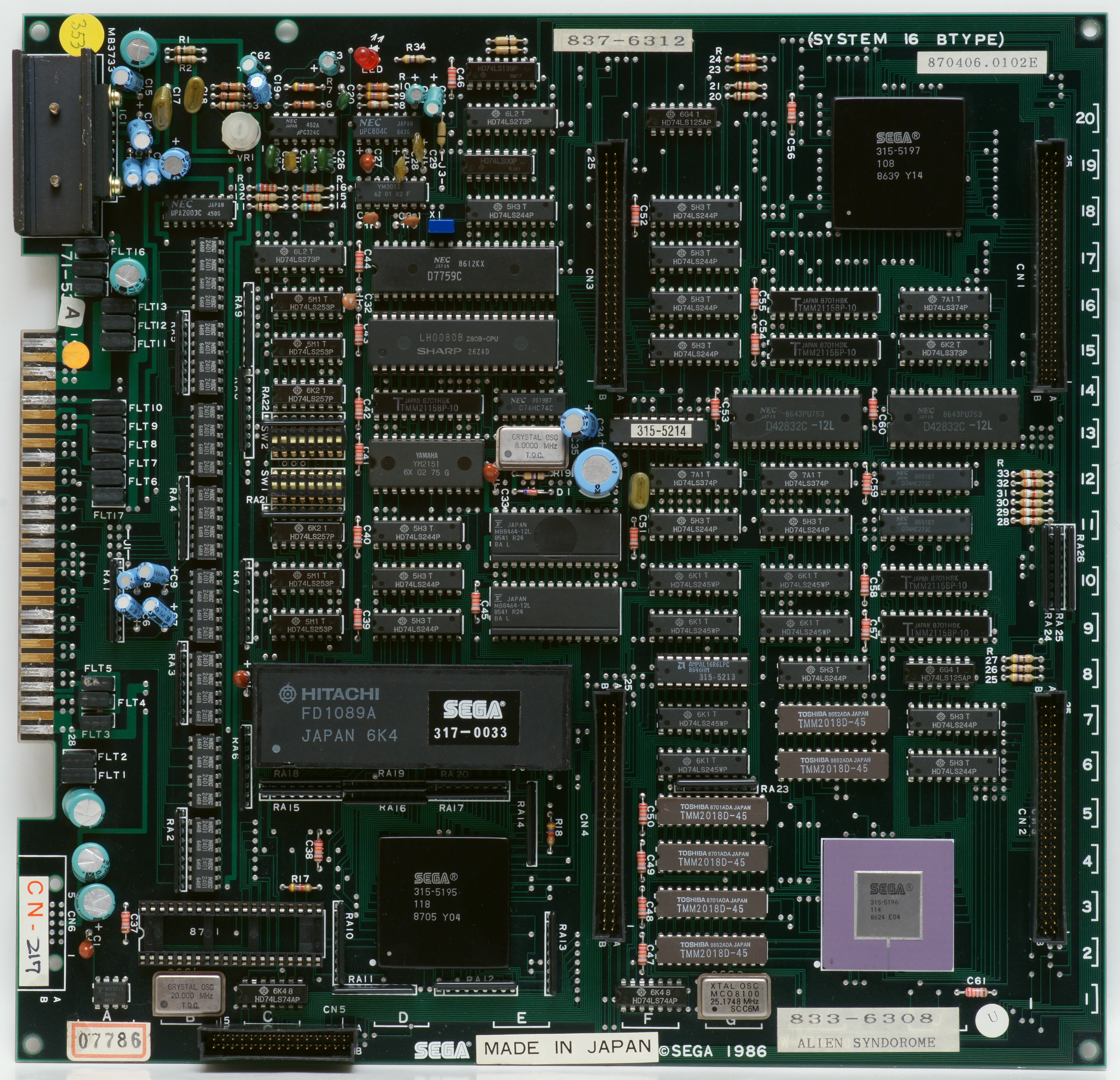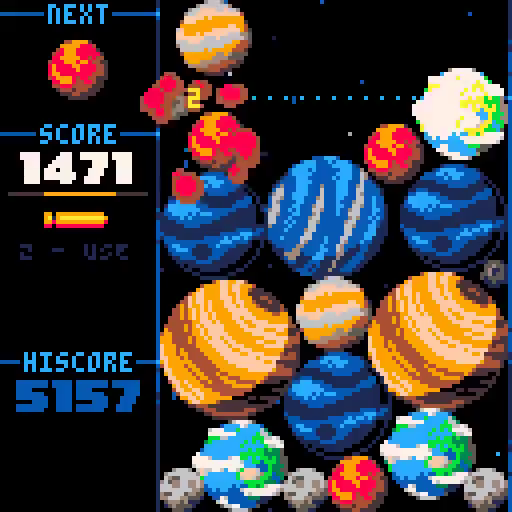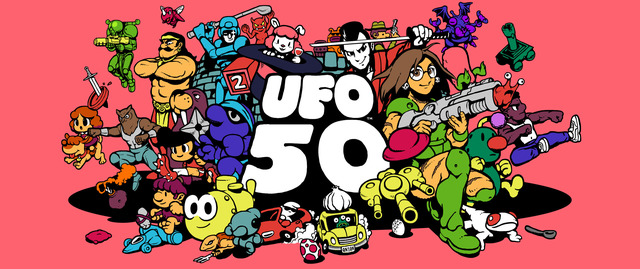Database Structure: System Categories
Date : 2024-09-28 Entry ID : 16331 Entry type : comment Game : UFO 50 (@4266)
Another iteration of game database design, inspired by the release of UFO 50. This time focused on game systems.
Structure
Some games challenge the structure of this database. Different games and new platforms calls for changes in different parts of the database, some suggest new Systems, some suggest new types of relations between games.

An example of the latter is Digital Eclipse's Atari 50 collection that inspired the redesign of emulated game collections, where the collections contained a list of references to the games emulated, instead of having to recreate the emulated games for every collection that included them. This helped to keep information about a particular game in one page, instead of distributing it over several versions of the exact same game.

The same goal of keeping entries for the same game running on different platforms on the same page lead to the invention of the system category Multi-platform Computer Games. It captured that I was playing games such as Rogue and Nethack, which were essentially exactly the exact same game, but running in consoles on different platforms, be it Linux, Windows, or Mac OS X. The platform differences seemed so pointless that I decided to create a new category for the terminal-based multi-platform computer games.

The Steam Deck is basically a handheld PC running a Linux variant. However, even though Steam OS is based on Arch Linux, it is still a separate OS. A similar situation is the Xbox One that runs a modified version of Windows. Like a console, the Steam Deck has well-defined hardware specifications and controls. I felt that playing the Steam games on the Steam Deck shouldn't be listed as playing them on Windows, which is just incorrect, and adding them as Linux games also seems wrong, if only because the games are running on a handheld system, which is very much not the traditional Linux gaming experience. So the Steam Deck got its own system category.
When new console hardware is released, a new System is created in the database. At other times, systems can be created for different, less obvious reasons. For instance, a new subsystem category can help to find games when the existing system has grown to be too large.

A good example of that is the Arcade games category. This was the second system represented in the database, but the sheer number of entries in the arcade category invited for subcategories, and some of the earliest subcategories were Capcom's CP System that played Street Fighter II and many other arcade games, as well as the Neo Geo, which existed as a home console as well. But with more than 300 games currently in the Arcade games category, it is at times too large to be able to get an overview of. In 2021, I was closely following the System 16 MiSTer core development, which enabled games such as Golden Axe, Altered Beast, and Alien Syndrome to be played on the MiSTer. Having those games grouped in an arcade subsystem category was very useful for keeping track of them. Later on, more arcade hardware platforms were added, such as:1
- Cave 68000
- CP System II
- CP System III
- Irem M72
- Irem M92
- Namco System 1
- Scramble
- Sega System 32
- Toaplan Version 1
- Toaplan Version 2

Some platforms are defined by software, not hardware. As any computer scientist will tell you, though, there is no substantial difference between hardware and software platforms from the point of view of the software running on the platform. Two examples of software platforms are PICO-8 and Dreams. PICO-8 is a virtual console, with a predefined resolution and palette. It seemed like just as much of a games platform than any hardware-based one.
Dreams was published as a PlayStation 4 game, but it is mainly a very unique games platform, similar to the more commercially successful but less aesthetically appealing Roblox.

And now, UFO 50 challenged my thinking yet again. First, I considered having it as the same type of minigame collection as Atari 50, with all the games having their own pages, and Windows as a system. I didn't like that I would have these very unique 50 games floating around in the Windows category, so I started working on a different approach. I introduced a new feature for having custom named sections in the game log, to support each minigame having its own section. However, after writing a few notes for the UFO 50 games I had played, the UFO 50 page became incredibly long and hard to find anything in. Finally, I decided to make a new software platform for the UFO 50 games, similar to PICO-8 or Dreams, except the games are not created by users.
References
-
System 16: The Arcade Museum
Toby Broyad ↩
